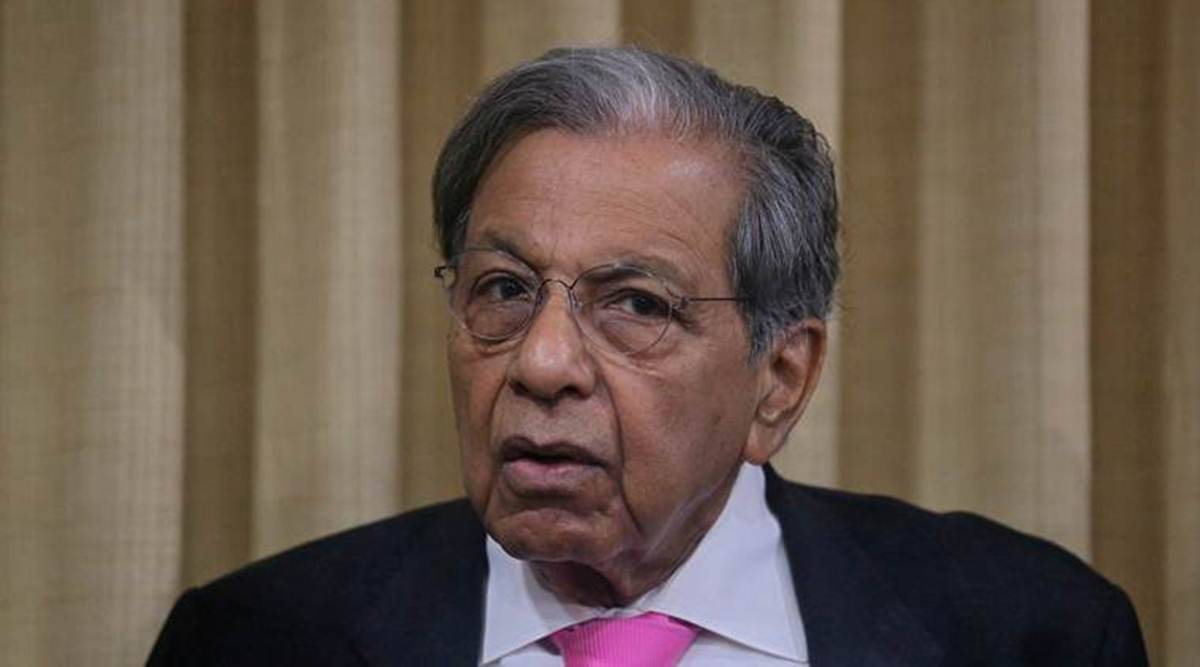Singh: IMF Article IV consultations must be restructured and refined
NK Singh, chairman of the 15th Finance Committee and chairman of the Institute of Economic Growth, discusses the need to revisit and revisit many of the important roles of the International Monetary Fund (IMF). In an interview with Sunny Verma, he says bilateral consultations under IMF Article IV need to be restructured and refined. Edited excerpts:
The IMF came out of the Bretton Woods deal with a big goal. But some believe that the quota system and loan mechanisms do not reflect the contemporary relevance and economic positioning of countries like India. What is your understanding of these issues?
So, yes, the question of restructuring, of access to the Fund’s resources, depending on the evolution of the economic configuration, has been a permanent dynamic. It is undoubtedly true that the quotas were set when the economic relevance of many developed countries was significantly higher than developments in recent decades. Some attempts have been made to recalibrate quotas, which allows and mechanically determines access to the resources of the Fund. However, these remain incomplete. Moreover, it is not a question of seeking a mechanical relationship between quotas and access, and it is not a question of legal obligations. Yes, the question is that of needs with moral obligations. So the countries, which are low or middle income countries in which India is located, have low levels of access, arguably consistent with its quota, but nowhere to match. India may not need balance of payments support because, fortunately, our foreign exchange reserves due to good governance and scientific and economic growth are now sufficient; but (financial support) to meet other pressing needs, in particular the needs of the sudden pandemic and climate finance. The question is whether this system of mechanical co-relation needs fundamental restructuring. This issue requires a much broader consensus, it requires the cooperation of all major IMF quota holders to recognize that given India’s population and low per capita income, it would be more appropriate to reconsider not only our mandatory access, but also our needs.
The IMF’s Article IV country consultations also play an important role, as does its financial sector assessment program. Do these meet the specific objective?
As you know, the Article IV consultations of the International Monetary Fund are one of the most important instruments for monitoring and surveillance of the behavior of key economic variables in member countries. It is through these Article IV consultations that the Fund is supposed to monitor the behavior of the economies of member countries. There are three major disabilities. First, in hindsight, it has been said repeatedly that the Fund could never identify the onset of a crisis. He did not, for example, see the signs of the Asian currency crisis. One would therefore wonder why they could not have foreseen, with the high degree of technocracy at their disposal, the developing trends which will lead to such a significant economic slowdown. So their ability to therefore, in Article IV consultations, both detect, suggest and act, when the crisis is emerging, has a very, very mixed assessment. Likewise, the other big question is whether the rigor of Article IV consultations has been applied uniformly in all countries. People would ask: Are developing countries, especially poor developing countries, many of them in Africa and Latin America, subject to an Article IV consultation process and review? much more rigorous than, for example, the most developed countries and the most curious example are that of Spain and Greece. More importantly, when the last global financial crisis took place, people asked the following question: Just because the United States is the largest shareholder of the IMF and has the largest quota, does the IMF have failed in its surveillance to support the emergence of the crisis. Thus, the issue of symmetry, fairness and consistency and quality of Article IV consultations is an open question. In fact, a few years ago they also established an independent evaluation office at the IMF, first led by (Montek Singh) Ahluwalia. And all of this was in the background of the Fund’s failure to spot an emerging crisis and see symmetry of action. Nonetheless, I think the issues I mentioned regarding the uneven rigor and uneven capacity of the IMF’s Article IV consultations are an important issue. By the way, the Article IV consultation is the most powerful instrument to ensure that the fundamental objective of the IMF of seeing the orderly development of growth and world trade is achieved. And so, this instrument needs to be restructured, refined, and I think the huge amount of data that technology makes available today can be used.
What future do you see for these multilateral institutions?
The world certainly needs these multilateral institutions. They have a rich experience and heritage and in particular developing countries and poor developing countries need it much more than more developed countries or other developing countries, where development has increased and which have sought to create alternative institutions to replace these institutions. Such an exercise is anchored in avoidable geopolitics, the integrity and necessity of these institutions remains paramount for countries like India, which wish to strengthen the rules-based multilateral system at all levels, in particular the World Bank and the IMF. Thus, all infirmities must be rectified, institutions restored to their original intention and purpose and strengthened because the world, including India, is better off with these institutions than if they were to wither or sprout from. another way that might not represent the object of stability. and development.

